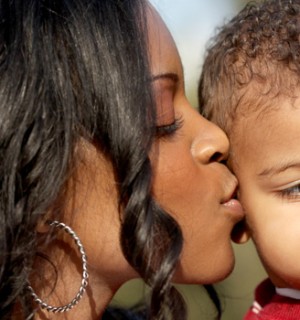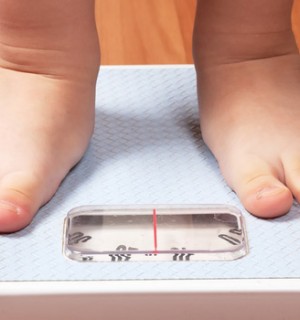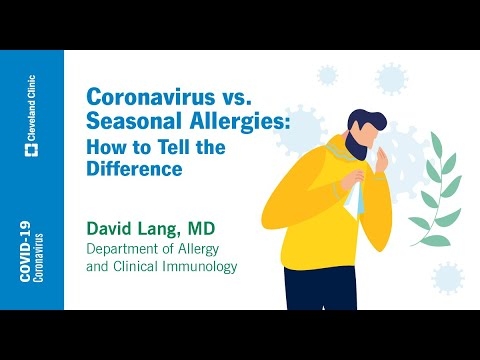Epilepsy is a seizure condition, and while 2.5 million Americans suffer from it, the majority of new cases are in children. A single seizure does not indicate epilepsy, rather, your child might have it if he is prone to experiencing multiple seizures. In addition to the physical changes that occur during a seizure, such as sudden falls, stomach pain and lack of response, the condition can change your child’s behavior as well. While some behaviors are more common than others, keep in mind that every child responds to the condition differently and the changes can vary according to the area of the brain that is most affected in your child’s case.
Acting Out
Approximately one in four children with epilepsy experiences behavior problems. Your child might act out in order to express anger or fear about her condition, and some behavior issues could be the result of brain damage or chemical imbalances as a result of the seizures. Your child might experience aggression or other negative behaviors out of frustration from being unable to communicate her experiences with seizures.
Emotions
Aside from negative behavior characteristics, you may notice typical behaviors from your child in general and in the time surrounding seizure episodes. A young child might experience social problems if he is unable to understand his epilepsy, and if the seizures have affected the parts of his brain needed for cognitive and social development. Immediately before and after seizures, you might notice that your child appears fazed or experiences sudden fear. In general, your child can also exhibit abnormal behavior in the few days leading up to and following a seizure. This abnormal behavior will differ between each child, but will be a behavior change that you notice each time.
Recommendations
Your reaction to your child can affect some of the behaviors associated with her epilepsy. You can alleviate some of her fear or anxiety by offering plenty of encouragement and support, and by answering any of the questions she has about her condition honestly. Offer reassurance in the moments where she appears to be angry. Although your child might appear to be more dependent because of her epilepsy, you can give her plenty of chances to be independent in order to encourage her, potentially reducing the times that she acts out in aggression or is withdrawn.
Considerations
Although your child might outgrow his seizures and the associated behavior problems, he could remain with the condition into adolescence and might have residual behavioral issues even after the seizures become less frequent. Talk to your child’s doctor about any parenting concerns that you might have, including how to best handle the issues you face due to the epilepsy.
Behavioral Characteristics of Children With Epilepsy
Posted On: 07-01-2016
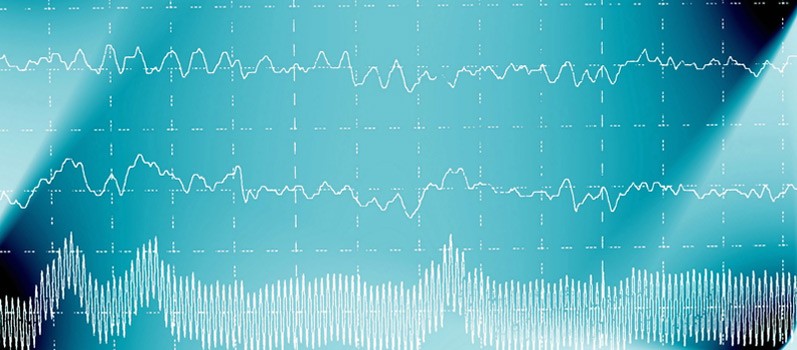
See Related Articles
A Guide to Successful Toilet Training
Most children are ready to begin toilet training around thre ...
Posted On: 11-18-2016
read more
A Parent’s Guide to Food Aversions & Weight in Children
If your child is not gaining weight normally, it can lead to ...
Posted On: 06-10-2016
read more
Abdominal Discomfort in Babies
If your baby seems fussy and is drawing up his legs in pain, ...
Posted On: 09-02-2016
read more
ADHD More Likely to Be Missed in Minority Children
Attention deficit hyperactivity disorder is often characteri ...
Posted On: 08-26-2016
read more
Alarming Rates of Childhood Obesity
A new study reports that childhood obesity throughout the wo ...
Posted On: 10-13-2017
read more
Blood Tests to Detect FASD Could Be Possible
A new study published in POLOS ONE shows that a certain bloo ...
Posted On: 11-11-2016
read more
Can an App Improve Social Skills for Children with ASD?
A small clinical trial published in JAMA Pediatrics suggests ...
Posted On: 03-08-2019
read more
Children & Excessive Energy
Your child is likely to have more energy than you do, especi ...
Posted On: 09-23-2016
read more
Common Sleeping Pattern for Teens Could Be Dangerous
Many parents express concern that their adolescents are not ...
Posted On: 04-15-2016
read more
Feedback



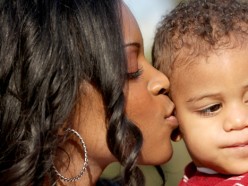
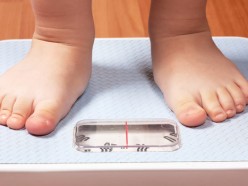


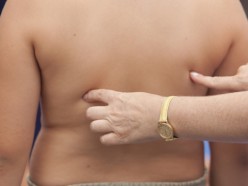








.jpg&w=300&h=320)
.jpg&w=300&h=320)
.jpg&w=300&h=320)

